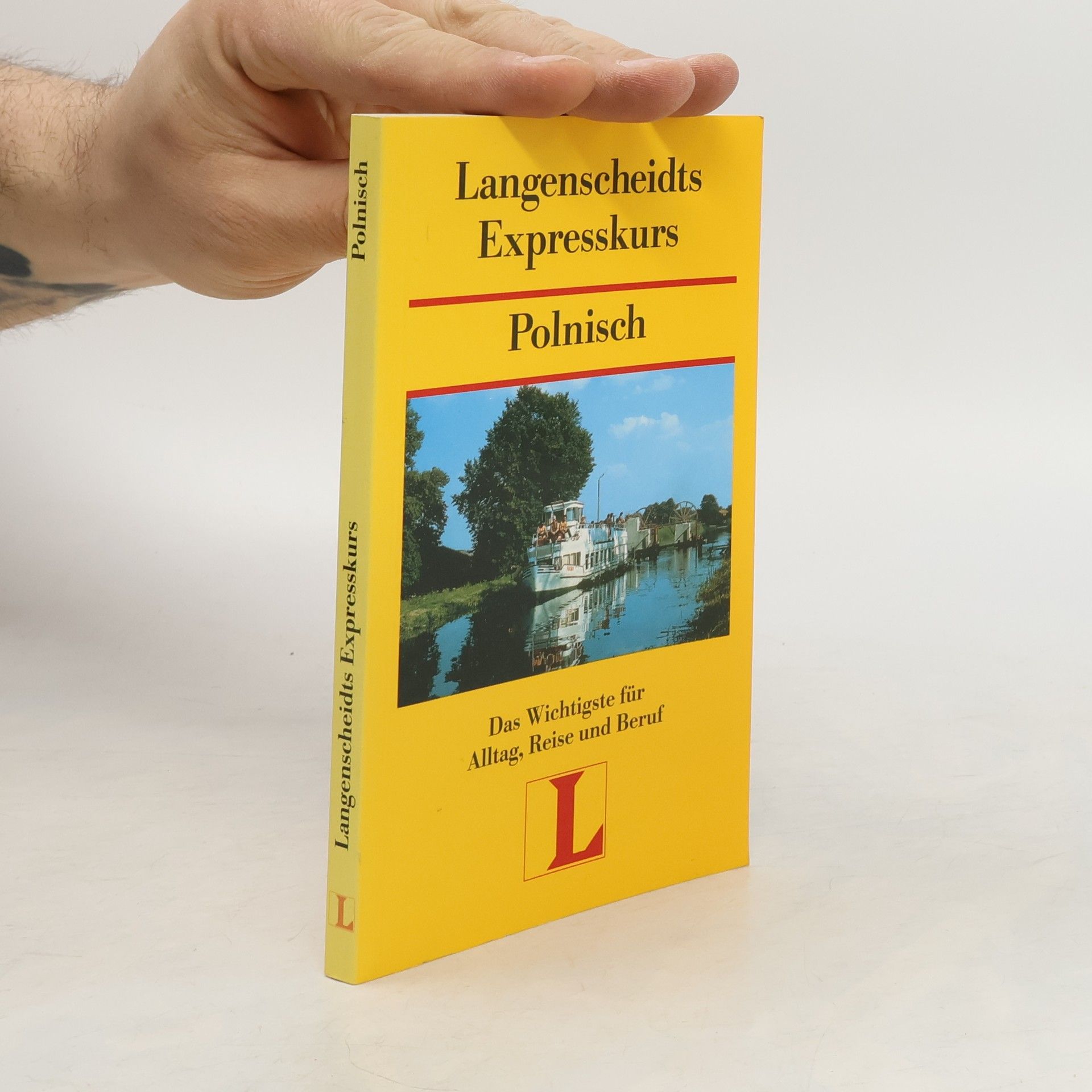Toward a Psychology of Singlehood
What We Already Know and What We Need to Know about Contemporary Singlehood
- 128bladzijden
- 5 uur lezen
The rising number of single adults in many countries enhances the need to integrate the previous findings on singlehood and the recent theoretical propositions of viewing adult singlehood. The present monograph is a unique theoretical elaboration on singlehood from a psychological perspective. It provides a review of the past research mainly investigating the reasons and outcomes of singlehood in connection with attempts to answer the question, ‘How close are we on that way to the psychology of singlehood?’, and indicate the potential ways of integrating various findings concerning singlehood. The current book is therefore intended to be an essential step on the way to build a theoretical model for singlehood from a psychological perspective in the nearest future.



